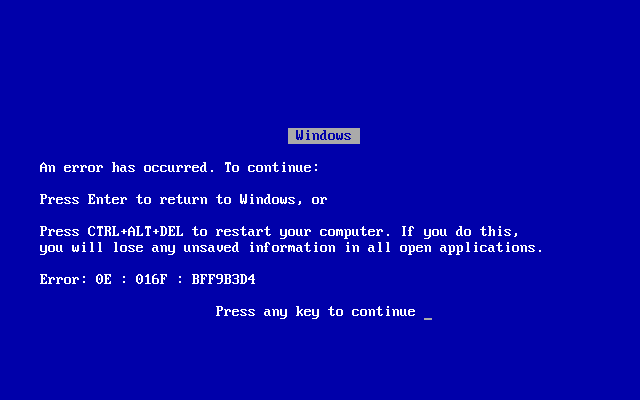
A recent update by CrowdStrike, a prominent cybersecurity firm, has triggered a significant IT glitch, causing widespread disruptions across various sectors, notably affecting airports and airlines.
The update led to an unprecedented number of system crashes, commonly known as “blue screens of death” (BSOD), impacting critical operations globally.
Impact on Airports and Airlines
Several airports and airlines have been directly affected by this IT failure. In Spain, airports operated by Aena experienced complete operational shutdowns, forcing them to revert to manual processes reminiscent of the pre-digital era. This disruption extended to several airlines, including Eurowings, Ryanair, and Frontier, which faced significant traffic delays and cancellations. The digital chaos caused by the BSOD has left travellers stranded and caused considerable inconvenience during the peak summer holiday season.
As of 16:00 UTC, more than 3,000 flights are cancelled globally with nearly 30,000 more delayed.
Broader Implications
The CrowdStrike malfunction has not only affected air transport but has also paralyzed operations in other key sectors. The London Stock Exchange, media outlets like Comcast and Sky, banks, telecommunications, and even emergency services have reported severe disruptions. Microsoft’s Office 365 and OneDrive platforms have also been impacted, further complicating the situation for businesses relying on these services for daily operations.
CrowdStrike and Microsoft’s Response
CrowdStrike has acknowledged the issue, attributing the crashes to its Falcon Sensor subsystem. The company’s stock plummeted by 13% in the aftermath, reflecting the market’s reaction to the widespread operational chaos. CrowdStrike, along with Microsoft, is working urgently to mitigate the impact and restore normalcy.
Microsoft, affected by the tarnished image of its Windows operating system, is also mobilised to address the ongoing issues, ensuring that their remaining applications are stabilised.
This incident underscores the critical dependency on cybersecurity firms for operational stability and the cascading effects of such widespread IT failures on global infrastructure.



